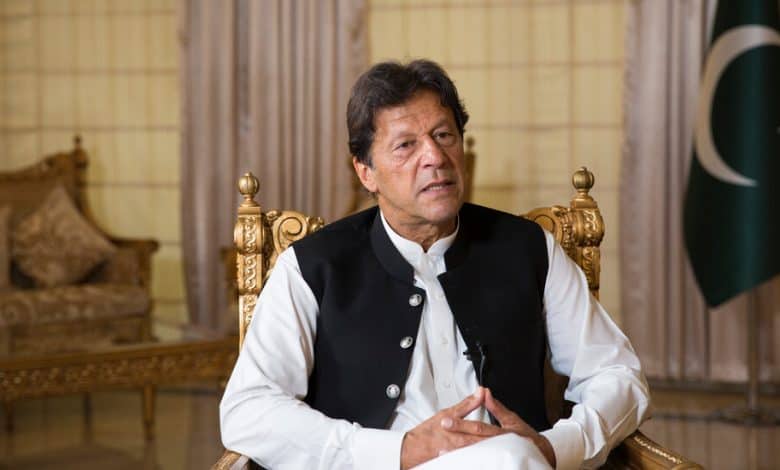The Rise, and Fall, and Rise Again of Imran Khan

When Pakistan’s government censored the media, former Prime Minister Imran Khan’s party posted campaign videos on TikTok. When the police barred his supporters from holding rallies, they hosted virtual gatherings online.
And when Mr. Khan ended up behind bars, his supporters produced speeches using artificial intelligence to simulate his voice.
Mr. Khan’s message resonated with millions across the country who were frustrated by the country’s economic crisis and old political dynasties: Pakistan has been on a steep decline for decades, he explained, and only he could restore its former greatness.
The success of candidates aligned with Mr. Khan’s in last week’s election — snagging more seats than any other in Parliament — was a stunning upset in Pakistani politics. Since Mr. Khan fell out with the country’s generals and was ousted by Parliament in 2022, his supporters had faced a military-led crackdown that experts said was designed to sideline the former prime minister.
His success marked the first time in Pakistan’s recent history that the political strategy used by the country’s powerful military for decades to keep its grip on power had suddenly veered off course. It also proved how Mr. Khan’s populist rhetoric and the country’s internet-savvy youth bulgeare rewriting politics in Pakistan, a nuclear-armed nation of 240 million people that has struggled with military coups since its founding 76 years ago.
We are having trouble retrieving the article content.
Please enable JavaScript in your browser settings.
Thank you for your patience while we verify access. If you are in Reader mode please exit and log into your Times account, or subscribe for all of The Times.
Thank you for your patience while we verify access.
Already a subscriber? Log in.
Want all of The Times? Subscribe.
